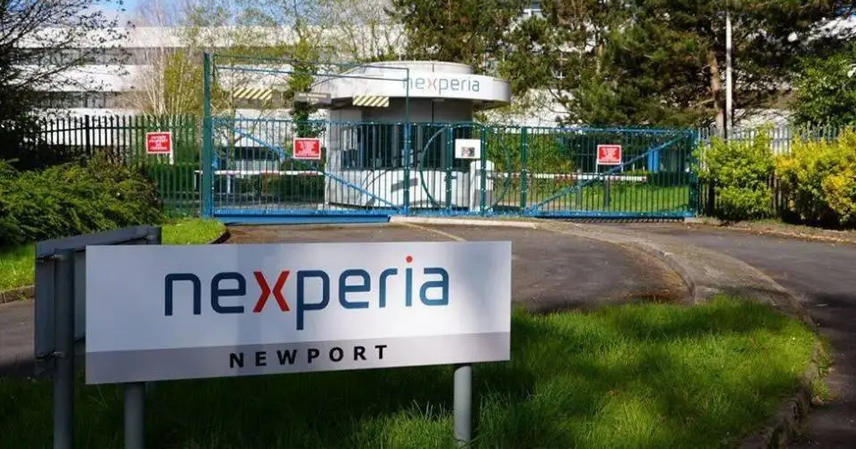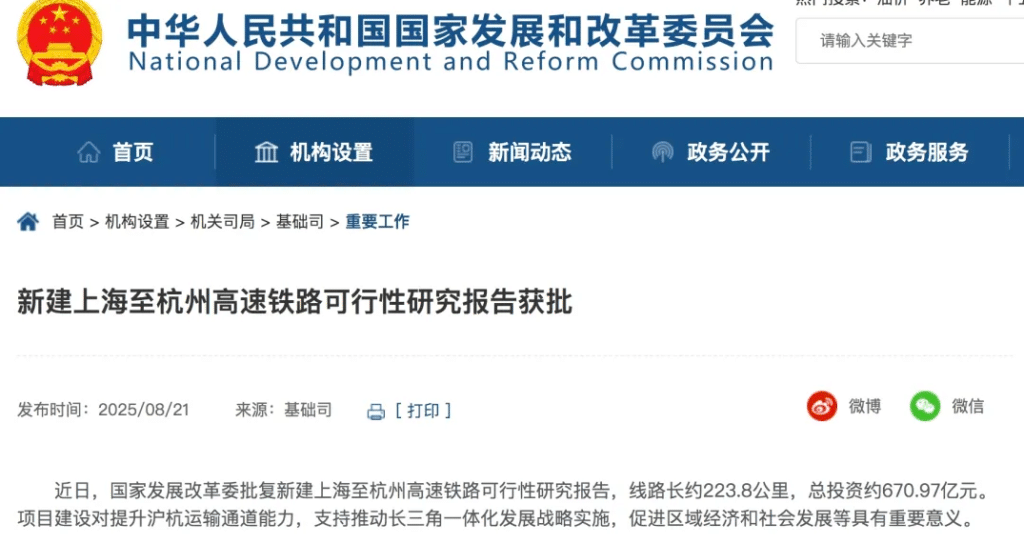They say when the snipe and the clam fight, the fisherman profits. But sometimes, both the snipe and the clam end up bleeding.
That’s exactly what’s happening to Nexperia, a semiconductor firm headquartered in the Netherlands but owned by a Chinese investor. The company now finds itself trapped between Western regulatory pressure and Beijing’s countermeasures — a vivid example of how geopolitical tensions are fracturing global tech supply chains.
Dutch Authorities Freeze Nexperia’s Global Assets
In late September, Dutch authorities issued an unexpected order targeting Nexperia’s global operations. The directive froze the company’s assets, technology, personnel, and business activities across more than 30 international branches for up to one year.
Soon after, a Dutch corporate court suspended several Chinese-appointed executives, installed an independent foreign director with decisive voting power, and placed Nexperia’s shares under third-party trusteeship. In effect, the Chinese parent company lost control of its own subsidiary — at least temporarily.
So why did the Netherlands take such drastic action?
Local media suggest the move was linked to new U.S. regulations introduced in late September. Washington had expanded its restrictions to cover any subsidiaries in which sanctioned entities hold more than 50% ownership. Since Nexperia’s parent company, Wingtech Technology, is listed on that U.S. entity list, the Dutch firm got swept up in the new compliance wave.
In other words, The Hague’s actions were largely defensive — an effort to protect its domestic companies from secondary U.S. sanctions.
China’s Countermove: Export Restrictions Hit Nexperia’s Supply
Just days later, Nexperia itself issued a statement: Chinese authorities had prohibited factories in Dongguan and their partner facilities from exporting specific semiconductor parts and components.
That meant products manufactured in China could no longer be freely shipped abroad — effectively cutting off Nexperia’s ability to supply the global market from its most productive sites.
The company said it was “actively engaging in dialogue” with relevant parties, seeking exemptions to minimize disruption.
But the damage was already visible.
Supply Chain Shock: When the “Traffic Policeman” Stops Working
Nexperia is one of the world’s leading power semiconductor suppliers — the components that manage electrical flow inside nearly every modern device. From electric vehicles and laptops to AI data centers, power semiconductors act as the “traffic police” of electronics.
Now, that traffic system is jammed.
As soon as the news broke, Nexperia’s customers began scrambling for alternative suppliers. Companies in Taiwan with similar product lines quickly received surge orders, and some confirmed they were already negotiating with new clients. The order landscape in the power chip market is shifting fast.
Europe’s Automotive Industry Feels the Pain
The impact goes far beyond Nexperia. Take Volkswagen and Bosch, for example. Their electric vehicles rely on key power chips — many produced by Nexperia’s factories in Dongguan, which contribute up to 80% of the company’s total revenue.
Now, with exports restricted, those chips are harder to source. Insiders say Volkswagen’s chip inventory may last only six weeks. Bosch, desperate for replacements, has been scouring the global market — driving prices sharply higher. Analysts estimate that each car’s production cost may rise by nearly €100, an expense that will likely be passed on to consumers.
A Geopolitical Puzzle: The Price of Fragmentation
Nexperia’s situation is more than a business dispute; it’s a snapshot of global industrial interdependence.
Here’s a company headquartered in Europe, owned by Chinese capital, with factories in China, Malaysia, and the Philippines, serving clients worldwide. It was once the perfect symbol of globalization — until geopolitics intervened.
The case shows how even a seemingly “local” policy decision can ripple through entire industries. Once governments weaponize trade and technology rules, the fine-tuned machinery of global cooperation starts to break down.
China’s Strategic Position: Ready to Fill the Gap
Insiders in China’s semiconductor sector hint that domestic firms are already prepared to replace Nexperia’s output if necessary. These companies are familiar with Nexperia’s production processes and technical standards and could ramp up capacity within three months if orders shift their way.
This underscores China’s growing capability to substitute European suppliers in critical technology chains — a warning sign for Europe’s policymakers.
If European countries continue implementing unbalanced tech restrictions, they risk losing industrial competitiveness and strategic influence in key global sectors.
A Hard Lesson in Economic Interdependence
The Nexperia dispute illustrates a deeper truth: in today’s tightly linked world, no economy stands alone.
Efforts to decouple or “de-risk” may seem prudent politically, but the economic costs are real — higher prices, disrupted production, and eroded trust. Both Europe and China may feel the sting, but the long-term damage to global cooperation could be far worse.
As the saying goes, there’s no safe roof when the storm hits a connected world.
References
- Dutch Chamber of Commerce filings and court announcements (September 2025)
- Nexperia official statement (October 2025)
- Financial Times and Reuters coverage of the U.S. entity list expansion (September 2025)
- Chinese Ministry of Commerce export control updates (October 2025)



